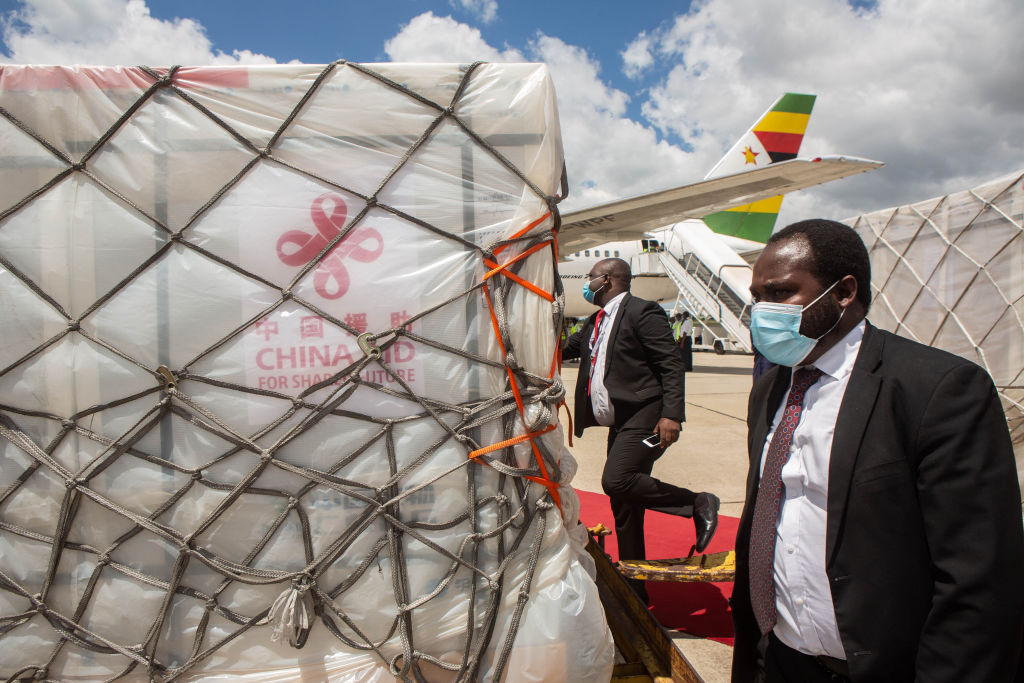ADF STAFF
As countries race to obtain doses of COVID-19 vaccines, China and Russia have presented their vaccines as attractive options to low-income countries. So far, however, they have failed to live up to their promises.
China’s Sinovac and Sinopharm vaccines and Russia’s Sputnik V have arrived in smaller amounts and for higher prices than expected.
China has delivered 3.15 million doses to Africa, less than 4% of its vaccine exports, according to analyst Bridge Consulting. Russia has promised the African Union more than 300 million doses of Sputnik V, but so far has provided only 100,000 to Algeria, Tunisia and Guinea.
By comparison, the international COVAX facility has provided African countries with 15 million doses across 22 countries. COVAX’s vaccines primarily have come from AstraZeneca.
“The numbers of vaccines China is donating are not going to move the needle in any of these countries,” Eric Olander, co-founder of the China Africa Project, told Reuters.
At a conference on April 11, the head of the Chinese Center for Disease Control and Prevention reported that his country’s vaccines have shown efficacy as low as 50% — the minimum at which the World Health Organization (WHO) will clear a vaccine for use. Chinese media did not report on the statement.
Russia and China have released little information about their vaccines. Chinese vaccine developers have not published the results of their third-phase trials in peer-reviewed journals.
Russia has claimed 92% effectiveness for Sputnik V against the original COVID-19 virus. But in a letter to the British medical journal The Lancet in March, an international group of researchers questioned the Russian claim, calling out the “unusual and improbable” similarity in responses across age groups throughout three trial phases.
A study of blood samples from 12 people who received the Sputnik V vaccine showed it performs poorly against the B1.351 variant that dominates South Africa and Zambia and is found in more than a dozen other African countries. In eight of the 12 cases, the vaccine failed to neutralize the virus, according to the researchers.
Tests of the Chinese vaccines in Brazil showed they were 50.4% effective at neutralizing COVID-19. Neither Chinese nor Russian vaccines have won WHO approval for emergency use. An emergency use listing by the WHO makes the vaccine available to U.N. but individual countries do not have to follow the guidance.
Zimbabwe bought 1.2 million doses of Chinese vaccines and began distributing the first 200,000 doses in mid-February. Benin, Djibouti, Somalia and Tunisia also have received Chinese vaccines.
Another 600,000 Chinese-made doses arrived in Zimbabwe in March, though some Zimbabweans have been reluctant to take them.
Activist Claris Madhuku, who leads the Platform for Youth Development, said a lack of information is making people hesitant to take the vaccine.
“I told myself I’d have to wait to see if other health workers join the vaccination, but I saw nobody,” Melisa Hungoidza, a 34-year-old nurse’s aide, told Canada’s Globe and Mail. “I’m afraid, because nothing much was said to us as health workers about the side effects of the Sinopharm vaccine.”

